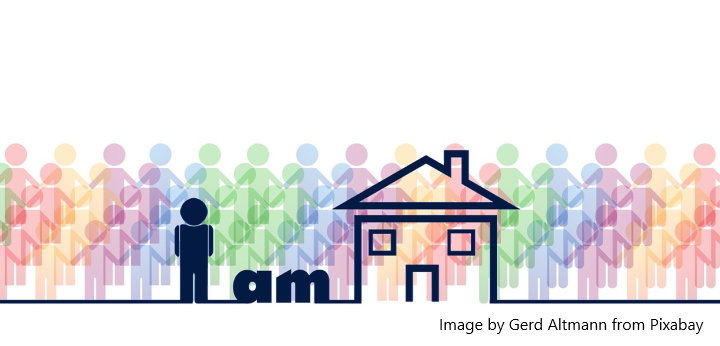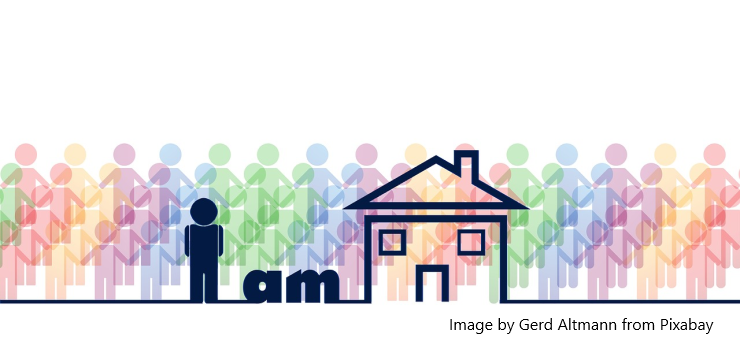Human beings have a propensity to create divisions. It never ceases to amaze me how quickly and easily groups are defined and individuals are labeled. It certainly happens in school. Children are pigeonholed into categories like the jocks, the nerds, the band-kids, the drama kids, and so on. It would be nice if we grew out of this, but we don’t. We group people according to the color their skin, their nation of origin or the region in which they were raised. We classify people by the jobs they have (blue or white collar), or which side of the tracks their house happens to sit, or with which political party they affiliate.
Once this is done, a person’s identity was pretty much set. These assignments become like castes – once named in a group it is next to impossible to change one’s identifying group. Within this informal, yet powerful, assignment, there are informal “rules” about who talks to whom. There also are values assigned to each group about who really “matters.”
Last Sunday’s lectionary reading from Ephesians (2:11-22) was a reminder that the church, like society in general has always struggled with full inclusivity, hospitality and welcome. In this passage, Paul addresses the two primary groupings of humanity based on his traditional world view – Jew and Gentile.
Paul not only wants to make it clear that Gentiles are included into the new community of grace, he also makes it clear that those of Jewish descent are as well. It’s not that Gentiles become Jews or that Jews become Gentiles. One group is not subsumed into the other. Instead, there is a new creation, a new humanity, a new family. As Paul puts it in Galatians – there is no Jew or Greek, male or female, slave nor free. All are in Christ Jesus. The new identity is Beloved by God … Chosen by God … Included by God. All human-based distinctions fall away as reasons for division. It’s not that we lose our identity or distinctiveness, it simply that these things no longer divide us. Instead, they become a source of strength, growth and mutual blessing.
This passage ends with a building analogy, to describe the household of God that is built upon the cornerstone of Jesus Christ. In any structure, each part is important to, but not greater than the whole (the building) that is created. Each part plays a role that makes the building unique, beautiful and livable. So it is in the household of God. We are brought together to form the living temple of God. Each of us, in our uniqueness and diversity adds to both the beauty and function of this holy dwelling.
Let’s not kid ourselves. This isn’t simple. Full inclusivity, welcome and hospitality are not easy to realize. We have to work at it. It is instructive that Paul raises the issue of inclusion in most of his letters. This means it wasn’t easy for the early church to practice. But it is the goal. We are lessened whenever we let cultural norms or cultural boundaries divide us.
May God bless and guide you as you help create a “dwelling place for God” in your community.

If you would like to view past editions of Moments with Mike, follow this link: https://corridordistrictnc.org/category/from-the-ds/


